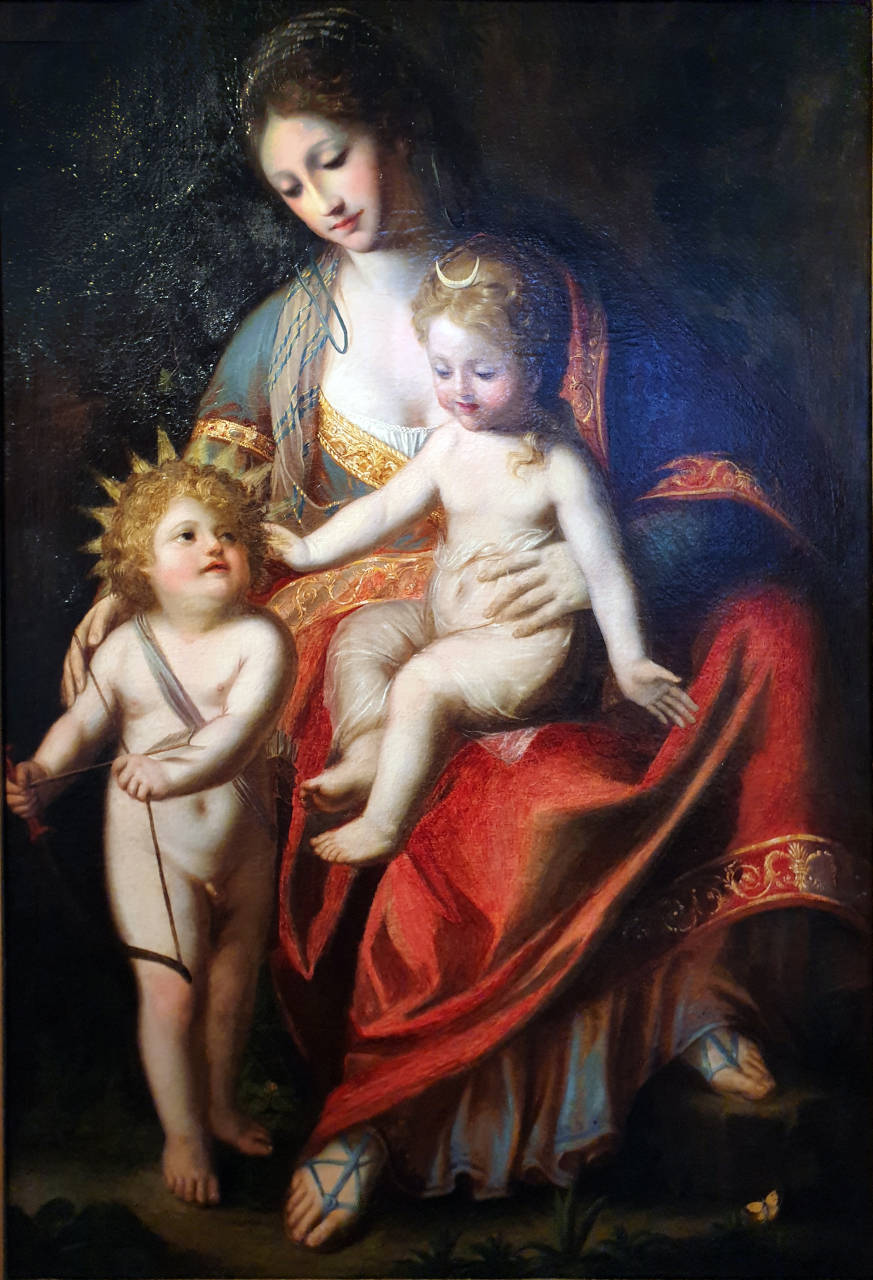The Gifts of the Gods
Aug. 21st, 2025 12:18 pmἦλθε δ’ ἐπὶ ψυχὴ Θηβαίου Τειρεσίαο
χρύσεον σκῆπτρον ἔχων, [...]Then the soul of Teiresias of Thebai came to me,
holding a golden staff, [...]
(Odusseus speaking. Homer, Odyssey XI 90–1.)
This made me wonder about other heroes' god-given gifts, and what happened to them after their quests. Here's a short list I made from memory, though I am interested to find others:
Hermes and Athene gave Perseus a vorpal sword and mirror shield, which he returned after his quest.
Athene gave Bellerophon a golden bridle to tame Pegasus, which went to Zeus after Bellerophon died.
Athene gave Teiresias a cornel-wood staff, which he apparently traded for a golden one when his soul went to Haides.
Hermes, Apollon, Hephaistos, Athene, and Athene again gave Herakles a sword, a bow and arrows, a breastplate, a πέπλος "dress," and a lock of Medousa's hair in a bronze jar. The jar was given to Sterope, who used it to defend Tegea from the Argives; the bow was given to Philoktetes, who used it to kill Paris at Troia; of all the items, nothing further is said.
Hephaistos gave Akhilleus a panoply, which became the property of Odusseus, and evidently ended up at the bottom of the sea (returning to Thetis, who asked Hephaistos for them?).
The White Goddess gave Odusseus her κρήδεμνον "head-tie," which he returned after swimming to the land of the Phaiakians.
The Muses gave Hesiod a laurel staff, of which nothing further is said.
Because the quest is "immortality" (e.g. ascending to a greater-than-human life), each of these are representative of god-given capacities that an initiate is to master to complete the quest, after which they are returned since they are of no further use in the upper world. For example, of Perseus's gifts, Hermes's sword is discrimination and Athene's shield is reflection, both essential tools of the initiate.
But there are three exceptions, and I am curious about them:
All of the gifts are either returned to their owners or left behind for others to use in their own quests, except for Teiresias's, which is instead perfected.
All of the gifts are coded masculine (arms, armor, phalluses, etc.) except for Athene's dress and the White Goddess's hair ribbon or headscarf, which are coded feminine.
These exceptions are worth consideration, I think...
